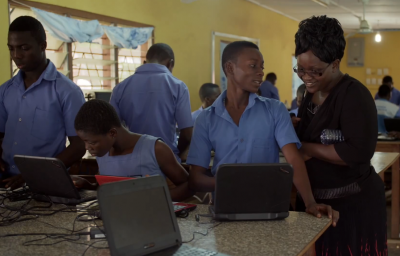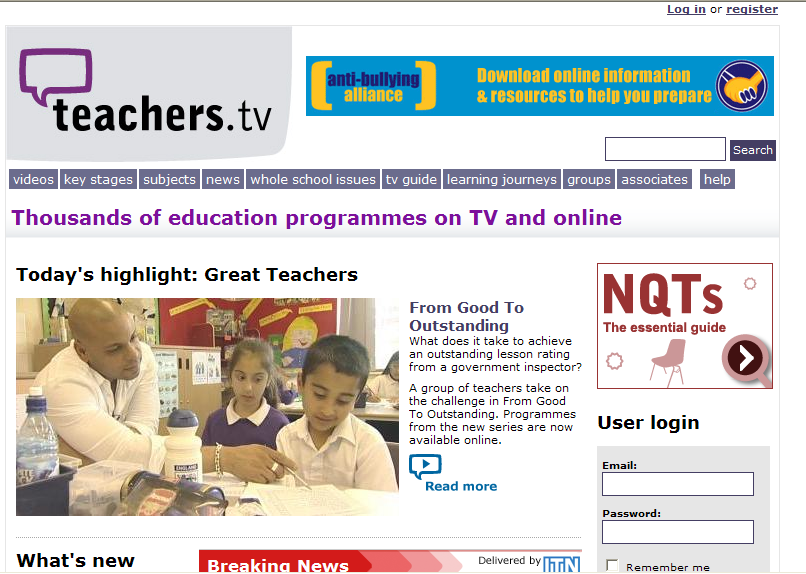After pondering the future of libraries, including school libraries for a while now and thinking about 21st Century Learning after hearing Professor Stephen Heppell speak at the State Library of Victoria in November 2008, it’s probably time to address the concept of gaming in schools, libraries and school libraries.
Are you still reading? You haven’t fainted? Great! Library staff of all makes and models have always been exellent at managing change and the takeup of Web 2.0 over the past year or so has proven that to be true.
Gaming in schools does seem to inspire strong reactions in some people, however the Department of Education and Early Childhood Development’s Knowledge Bank: Next Generation team are currently leading action research with selected teachers in Victoria to identify potential technologies that may support learning and teaching. This project is supported by The Department of Education and Early Childhood Development, The Department of Innovation, Industry and Regional Development (Multimedia Victoria) and The Department of Broadband, Communications and the Digital Economy.
In term 2, 2009, these technologies include gaming consoles such as Nintendo DS, Nintendo Wii and Xbox 360. Being a DEECD project, there are strict guidelines and record keeping so all research can be validated. This is a major step for the DEECD in acknowledging the educational potential of gaming and backing up ideas with action research. Bright ideas will keep you up to date with developments and outcomes of the project.
Some of you may have heard Derek Robertson speak when he was in Australia in November 2008. Derek heads up the Consolarium, which is a part of Learning and Teaching Scotland. The Consolarium highlights the positive outcomes of using gaming in schools and gives excellent examples of particular games and how they have been used by teachers. The Consolarium blog has been in action since September 2007, which seems like a long time in the world of technology. Derek has lots of examples on the Consolarium blog of excellent uses of games in schools.
In late 2008, an Australian study focussing on interactive entertainment was published. Some remarkable statistics were uncovered such as:
- 88% of households own a device for playing games
- The average game player is 30 years old
- Female gamers made up 46% of the gaming population.
If these facts have raised your interest about the possibilities of using games in an educational context, the good people of the State Library of Victoria are offering a chance to find out what gaming is all about at an evening of interactive play and mini-tournaments. Discover a range of video games and consoles, and meet game experts from Dissecta. It will be held on Tuesday 7 April (school holidays so no worries about going out on a school night) from 6-7.30pm at the State Library, in Experimedia. The session is free, but bookings are required. Please click this link to book in.
Hope to see you there!



